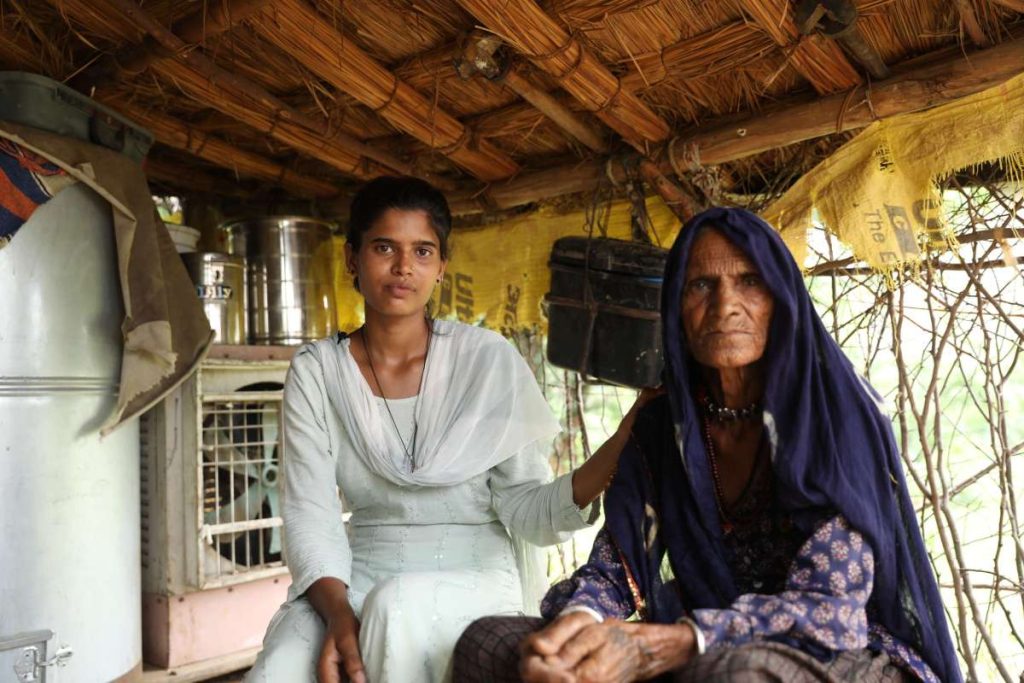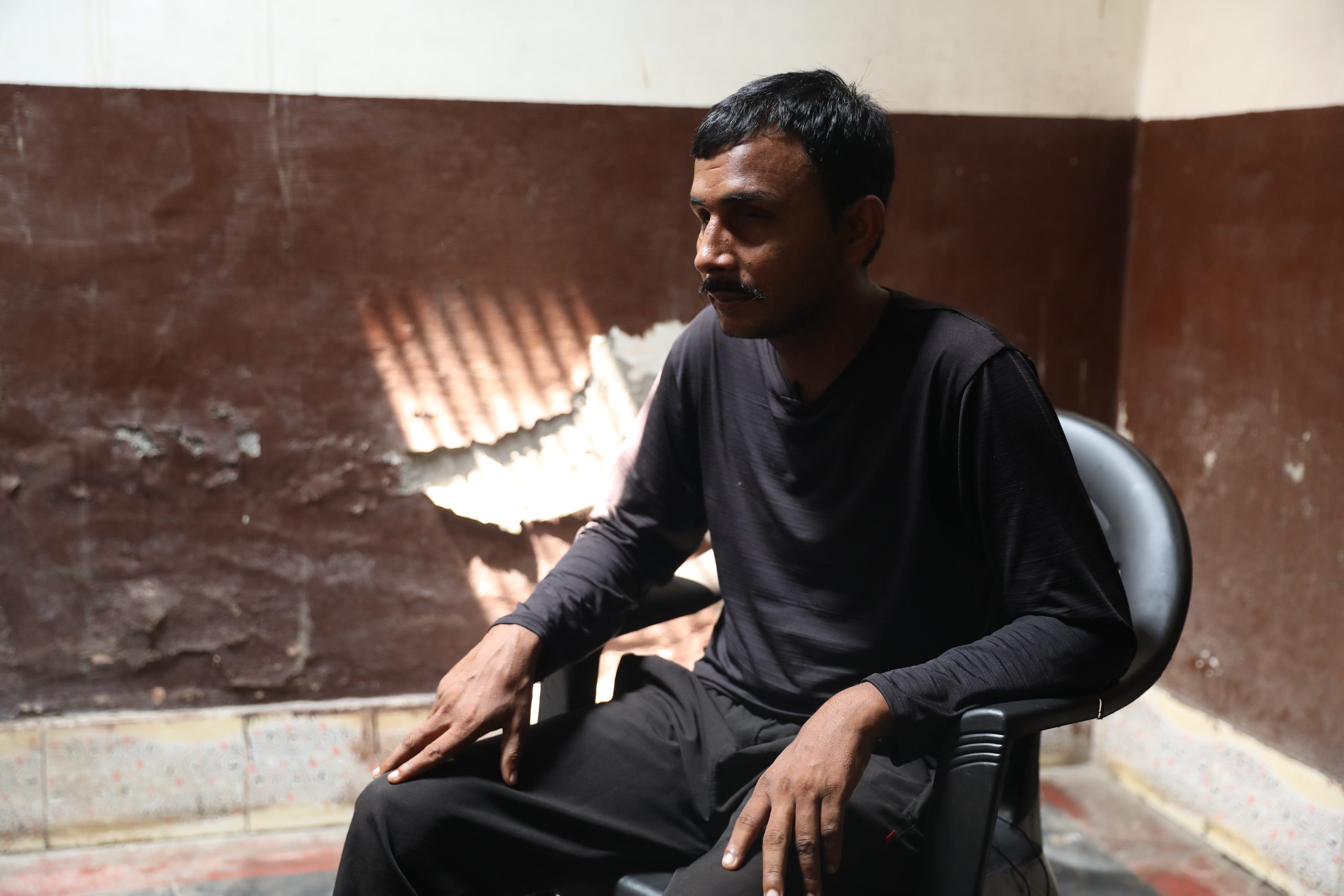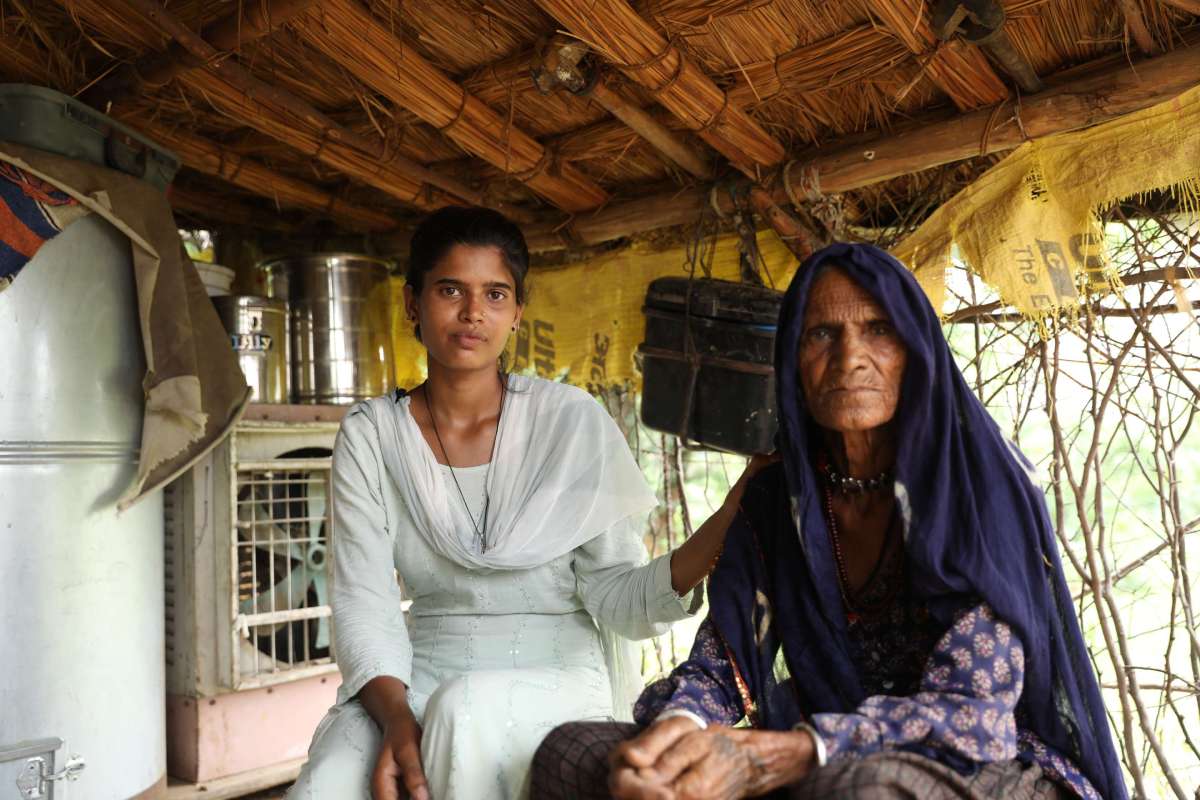In a developed, progressive world, a 7-year-old child is pictured with starry eyes, hopes, and dreams. They have a little dance in their walk. They laugh the loudest, crack the silliest jokes, and prove to be the kindest of all. We want to protect them. We swear to take a grenade to save them. But that is not what happened with Pooja Banjara. At the age of 7, her family saw her fit to bejewel her in the attire of a bride. They saw her ready to replace her dreamy world with that of a married life.
Residing in a shanty hut, when asked about the struggles faced by her, Pooja replies, “This world runs on conservativeness.” She was all of 7 years of age when her first battle began against child marriage. She had only just started attending school, already loving it. It was the love for education that sparked a fire in this child’s heart and made her stand up to her family. Pooja’s mother had studied till class 8th, she knew the power that a pen and paper possessed. She knew that only education could lead her daughter to real progress. With Pooja’s mother’s support, she was able to put a stop on her own child marriage.
Pooja Banjara Inspiring Journey
In 2012, Neemadi found itself with the first school ever. But to the vagabonds for whom the concept of education had not yet existed, schooling their children felt like fish learning to fly. It took activists and teachers and multiple rounds of discussions for the Banjara children to enter the structure of the school. Even so, it seemed to remain a right for boys, though globally advocated as basic and gender neutral. Neutrality only works in places that are not biased already. Pooja now has a spark in her eyes, as she narrates how they finally began their journey to school. “They said that equality must prevail. But equality can only find its grounds when we (girls) take what is rightfully ours. If it is indeed for us, if there is enough for everyone, why must we not claim it?”
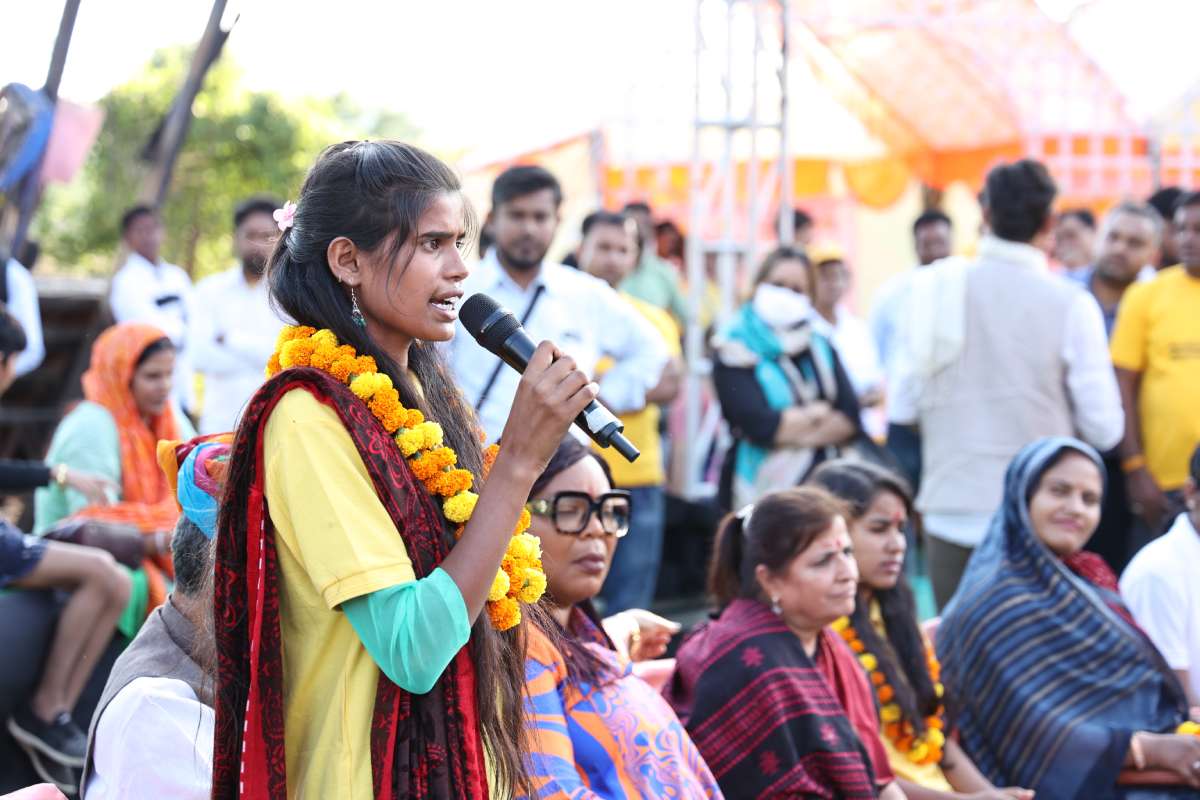
Back in 2012, most of the Banjaras saw paper and pen up close for the first time. Pooja Banjara’s grandparents had a hard time understanding the need of straying their children away from rearing kettles and selling multani soil. Today, dadi expresses her confusion about the novelty of knowledge deciding and changing futures. “Our community has always worked like this- education does not make sense to us. It took me some time to understand but I am sure that these children will bring fame to our names.” The lines on her forehead speak of the time-old customs that she grew up respecting, now her wisdom: acceptance of a cultural evolution.
Pooja’s mother had always been in favor of sending her daughter to school, and so she did. Pooja Banjara became one of the first girls ever to formally attend schooling. She decided that she will not allow any girl to be left behind. She took her courage, her heart and fierce words from door-to-door, influencing children, persuading parents and families to send their child to where they rightfully should be. In classrooms, with books and pencils.
The nomadic community of Banjaras does not live in one place. Every five-six years, they would head in a new direction, looking for employment. But the presence of a functional school brought a halt to their travel. The children decided to stay put and study further, which would otherwise not be possible.
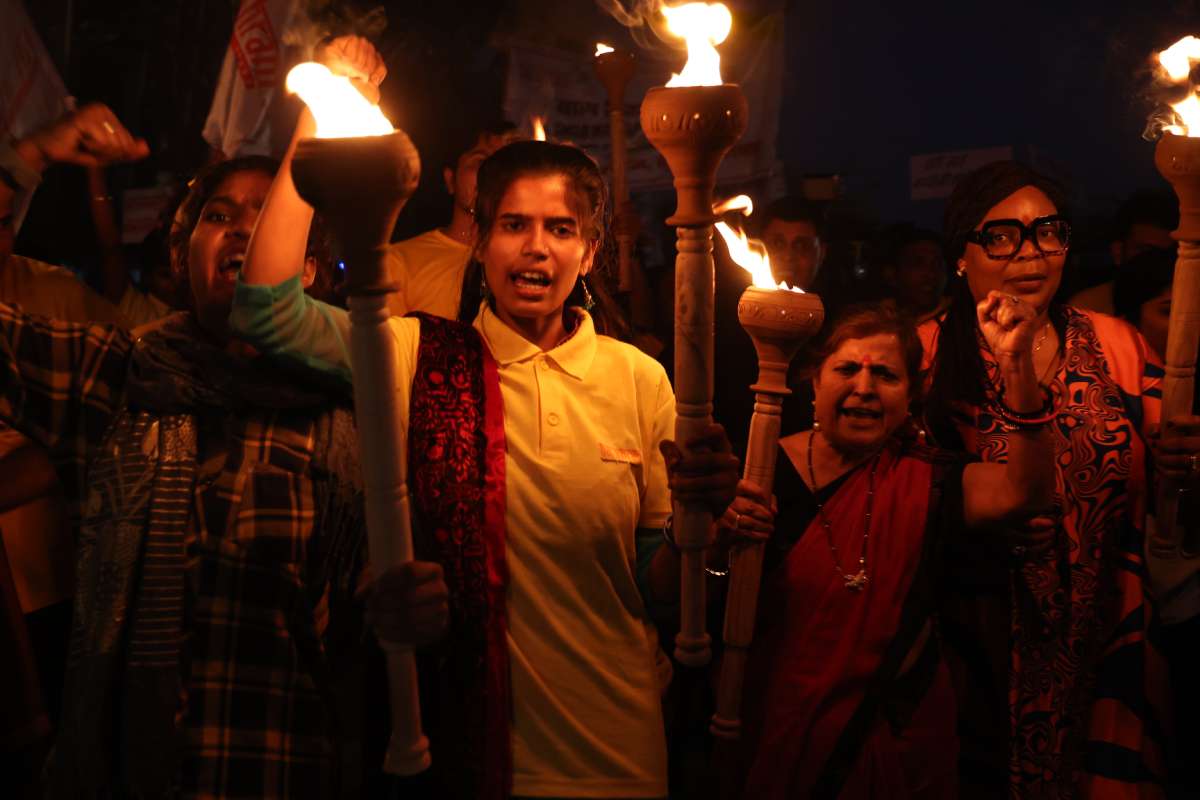
Pooja’s mother, adorned in 1.5 kg heavy bangles (denoting married women) and a ghunghat says, “I would rather my daughter carry books weighing 1.5 kgs than bangles. I would rather my daughter be educated, aware and single than uneducated, naïve and married. I wish her to achieve all that I could not.”
Being the sole earner in a family of six, Pooja’s mother is a daily wage laborer. Her education and household responsibilities could not save her from the societal customs of women having a lower status than men. Should a woman occupy a position higher than a man, such a family would be looked down upon by the community, disgraced. Pooja’s mother swears that she will never let her daughter go through what she had to. Mother, veiled in red and orange saree, tells us how she wishes to wake up to an all-educated world.
Her little, but neatly maintained hut is wired with thorn-branches to keep away wild animals at night. The sun, scorching outside, beams slightly and lights up Pooja Banjara’s face. Perhaps, she brings sunlight to her household. As we conclude the talk, a small bird enters the hut and chirps merrily. Perhaps it sings songs of freedom, brings news from an educated world, announcing how they are not far from it. And that they will be led into it by their children.
Neemadi- a small village in Rajasthan that provided the nomadic community of Banjaras with what they never had: a home.

